“Thy Faith Hath Saved Thee”
Luke 18:1–8, 35–43; 19:1–10; John 11
LDS manual: here
Purpose
To show the futility of prayer, and the contradictory and convenient rationales used to explain away its failure.
Reading
Ask the class: According to this reading, which of the following is a reason to pray?
- To ask God for things we need
- To pester God into giving us stuff
- To feel better about not getting stuff
- To remind ourselves of how unworthy we are
- As a way of displaying our relationship with God to other people
Answer: All of the above, except the first one.
Surprised? Let’s just do a bit of review.
Back in the early days of Jesus’ ministry, prayer was simple. You asked God for stuff, you got stuff — just like in that first answer above. If you only had faith the size of a mustard seed, you could have it all. There was no indication from Jesus that it was supposed to be any other way.
Matthew 7:7 Ask, and it shall be given you; seek, and ye shall find; knock, and it shall be opened unto you:
7:8 For every one that asketh receiveth; and he that seeketh findeth; and to him that knocketh it shall be opened.
7:9 Or what man is there of you, whom if his son ask bread, will he give him a stone?
7:10 Or if he ask a fish, will he give him a serpent?
7:11 If ye then, being evil, know how to give good gifts unto your children, how much more shall your Father which is in heaven give good things to them that ask him?Mark 11:23 For verily I say unto you, That whosoever shall say unto this mountain, Be thou removed, and be thou cast into the sea; and shall not doubt in his heart, but shall believe that those things which he saith shall come to pass; he shall have whatsoever he saith.
11:24 Therefore I say unto you, What things soever ye desire, when ye pray, believe that ye receive them, and ye shall have them.
But as anyone who’s ever prayed for a pony — or a loved one to get better — knows, it really doesn’t work. People started noticing that God was giving out a lot of serpents. So Jesus added this dodge:
Matthew 17:19 Then came the disciples to Jesus apart, and said, Why could not we cast him out?
17:20 And Jesus said unto them, Because of your unbelief: for verily I say unto you, If ye have faith as a grain of mustard seed, ye shall say unto this mountain, Remove hence to yonder place; and it shall remove; and nothing shall be impossible unto you.
If you didn’t get it, it was because you didn’t have enough faith. Which is a great way of blaming the victim when prayer fails. Nice move, Jesus.
And now, Christianity and Mormonism are teeming with qualifications, hedges, and rationales to explain why prayer really works — just not how you think. If prayer doesn’t seem to work — well, it’s because:
- you didn’t blah blah blah…
- you’re not supposed to blah blah blah…
- God doesn’t blah blah blah…
Here’s the complete chart, just for reference.
That being the case, this lesson is about some of those other — in my view, less worthwhile — reasons for prayer.
Main ideas for this lesson
Pestering God into giving us what we want
Here we have the parable of the Unjust Judge and the Widow.
Luke 18:1 And he spake a parable unto them to this end, that men ought always to pray, and not to faint;
18:2 Saying, There was in a city a judge, which feared not God, neither regarded man:
18:3 And there was a widow in that city; and she came unto him, saying, Avenge me of mine adversary.
18:4 And he would not for a while: but afterward he said within himself, Though I fear not God, nor regard man;
18:5 Yet because this widow troubleth me, I will avenge her, lest by her continual coming she weary me.
This is one dodge to justify why prayers don’t get answered: Oh, well, they will eventually.
The LDS lesson manual elaborates.
• How is persevering in prayer an act of faith? What should we do when we have persevered in prayer and feel that we have not received an answer?
Elder Richard G. Scott said:
“It is a mistake to assume that every prayer we offer will be answered immediately. Some prayers require considerable effort on our part. . . .
“When we explain a problem and a proposed solution [to our Heavenly Father], sometimes He answers yes, sometimes no. Often He withholds an answer, not for lack of concern, but because He loves us—perfectly. He wants us to apply truths He has given us. For us to grow, we need to trust our ability to make correct decisions. We need to do what we feel is right. In time, He will answer. He will not fail us” (in Conference Report, Oct. 1989, 38; or Ensign, Nov. 1989, 30–31).
Ask: How does Mr Scott justify the lack of answers to prayers?
Answers:
- God will answer your prayer. Just not yet. Well then, when? Juuuuust a little longer.
- Prayers require effort. Submit your request again, and continue paying tithing.
- Sometimes God answers no.
But what good are these excuses? We could get the same results by praying to a jug of milk.
You might as well ask a rock! Which some people do, and they think it works great.
Pick up your stone and hold it firmly in your hand to feel its power and purifying abilities. Ask it to soak up any negativity from your office space and send out strong, positive energetic rays around your computer to keep it virus-free.
You may chuckle, but at least rocks exist.
By the way, why would we need to ask an omniscient god for anything, when he already knows what we need? Blonde Hot Surfer Jesus has an answer:
To sum up, the moral of this parable is that you should keep asking. Weary the Lord with your pleadings.
Except when you’re not supposed to keep asking. You might remember the story of the first 116 pages of the Book of Mormon, which were lost by investor Martin Harris.
The seminary guide for the Doctrine and Covenants relates the story:
By mid-June 1828, the Prophet Joseph Smith, with Martin Harris as scribe, had translated 116 pages of manuscript from the gold plates. Martin asked Joseph to allow him to take the manuscript to “read to his friends that [perhaps] he might convince them of the truth” (Histories, Volume 1: Joseph Smith Histories, 1832–1844, vol. 1 of the Histories series of The Joseph Smith Papers [2012], 15). Joseph approached the Lord with Martin’s request but was told not to let the manuscript out of his possession. Martin convinced Joseph to ask again—which resulted in a second refusal from the Lord. Martin prevailed upon Joseph to ask once more and, on this third request, the Lord gave permission for Martin to take the manuscript if he agreed to show the manuscript only to his wife and a few select family members. However, Martin broke his oath and the manuscript was lost. Because Joseph had not accepted the Lord’s initial counsel but delivered “that which was sacred into the hands of a wicked man” (D&C 3:12), Moroni took the plates and the Urim and Thummim from the Prophet.
Considering what you know about Martin Harris and all that he had done for Joseph Smith, why do you think Joseph persisted in asking God if Martin could take the manuscript even though God had already given a clear answer the first two times he asked?
I don’t know; maybe because Jesus said to persist in asking? The rules of whether to persist in prayer or leave it alone are confused and contradictory. This is not the work of a god who’s all that bright.
Reminding ourselves of how unworthy we are
You know what people tell me when I say that religion is harmful? They tell me about the comfort it brings them. So comfort. Wow.
Well, how comforting is it when you’re told what an unworthy wretch you are? That’s the next purpose of prayer in this lesson, as in the parable of the Pharisee and the publican.
Luke 18:10 Two men went up into the temple to pray; the one a Pharisee, and the other a publican.
18:11 The Pharisee stood and prayed thus with himself, God, I thank thee, that I am not as other men are, extortioners, unjust, adulterers, or even as this publican.
18:12 I fast twice in the week, I give tithes of all that I possess.
18:13 And the publican, standing afar off, would not lift up so much as his eyes unto heaven, but smote upon his breast, saying, God be merciful to me a sinner.
18:14 I tell you, this man went down to his house justified rather than the other: for every one that exalteth himself shall be abased; and he that humbleth himself shall be exalted.
In other words, you’re supposed to proclaim your unworthiness at all times. This graphic is an actual meme that Christians are sharing with each other.
This is not a system that builds confident people. It celebrates and encourages brokenness.
Displaying your relationship with God to others
Lazarus gets sick and dies. Like the man born blind, it’s an example of God making people sick so that he can show how great he is for making them well.
John 11:4 When Jesus heard that, he said, This sickness is not unto death, but for the glory of God, that the Son of God might be glorified thereby.
Then Jesus says something a little unusual in his prayer to raise Lazarus:
John 11:41 Then they took away the stone from the place where the dead was laid. And Jesus lifted up his eyes, and said, Father, I thank thee that thou hast heard me.
11:42 And I knew that thou hearest me always: but because of the people which stand by I said it, that they may believe that thou hast sent me.
From the LDS Gospel Doctrine manual:
• What can Jesus’ prayer before he raised Lazarus teach us about his relationship with his Father? (See John 11:41–42.) How can we follow Jesus’ example in our personal and family prayers?
Answer: By praying as ostentatiously as possible. Suggestion: Over food in restaurants.
On that: Would you believe that some restaurants offer discounts for customers who make a display of mumbling over their food?
A diner on business travel received a 15 percent discount on her check for simply praying over her meal at a Winston-Salem, North Carolina restaurant Wednesday.
Jordan Smith stopped for breakfast with two colleagues at Mary’s Gourmet Diner where they publicly prayed for their food, and later were surprised with the deduction.
” … The waitress came over at the end of the meal and said, ‘Just so you know, we gave you a 15% discount for praying,’ which I’d never seen before,” said Smith, according to HLN TV. “The three of us at the table talked about how wonderful that is and what a cool thing it is that they do as business owners.”
Except that Jesus said we’re not supposed to make a show for others.
Matthew 6:5 And when thou prayest, thou shalt not be as the hypocrites are: for they love to pray standing in the synagogues and in the corners of the streets, that they may be seen of men. Verily I say unto you, They have their reward.
6:6 But thou, when thou prayest, enter into thy closet, and when thou hast shut thy door, pray to thy Father which is in secret; and thy Father which seeth in secret shall reward thee openly.
Again, the advice on prayer is confusing and contradictory.
Does prayer do anything?
As we’ve seen, believers have taken Jesus’ original instruction to pray for things, and larded it up with justifications and out-clauses for when it doesn’t work.
So does prayer actually do anything? Well, it’s pretty good for making you feel better.
I will pray for you
My favourite passive-aggressive Christian jibe is when people say “I’ll pray for you.”
Do I answer in the way that this guy does? No, I do not.
Often I say, “And I will reason for you.” But here are some other ways to respond.
The God of Small Things
Many people will say yes, prayer works. They base this on personal anecdotes, and I have to say, some of them are pretty trivial.
That’s not a pretty picture, I know, but there are a lot of starving kids in the world. If God is helping wealthy Westerners find parking spaces, while choosing to leave problems of massive systemic suffering alone, then he truly is the God of Small Things.
The Divine Plan
Of course, when prayer doesn’t work, people try to make themselves feel better by saying it “wasn’t in God’s plan”.
As always, George Carlin had the best answer to this.
Again, on Bill Maher.
And of all people, Mr Deity knows what’s up. He’s got a plan! And when doing nothing gets people to believe in you, why screw it up?
Can’t answer ’em all
Complicating the whole prayer idea is the fact that people send millions of contradictory prayers and requests that are mutually unfulfillable.
Ask: What does John Steinbeck mean by this quote?
All of which should be enough to tell us that prayer is futile.
If, as people say, prayer is really for you, then there are better things for you to be doing.
Additional lesson ideas
Faith healing
On his way somewhere, Jesus healed another blind guy.
Luke 18:42 And Jesus said unto him, Receive thy sight: thy faith hath saved thee.
18:43 And immediately he received his sight, and followed him, glorifying God: and all the people, when they saw it, gave praise unto God.
Perhaps you’re not impressed by this story, written down as it is in this 2,000-year-old book. Would you be impressed if you saw it in real life? Many people are; these so-called miracles are duplicated by fakes and con artists everywhere.
SCEPTICS are warning people to be wary of a self-proclaimed “miracle healer” who claims to have cured blindness and is bringing his “healing” tour to the southeast.
Hungarian pastor Laszlo Magyari, who has claimed to have healed people of conditions from cancer to blindness, will perform his “healing” services in Bentleigh, Springvale, Noble Park, Narre Warren and Endeavour Hills over the next two weeks.
But Australian Skeptics Victorian Branch president Chris Guest said it was important to remain vigilant of the claims of faith healers.
“Even faith healers who are sincere in their beliefs and offer their services without fee are still capable of doing harm,” he said.
“Their followers may be dissuaded from getting timely medical attention from serious illnesses or continuing with promising orthodox treatments.”
Derren Brown explains how they do it.
Until next week, I hope you are well.
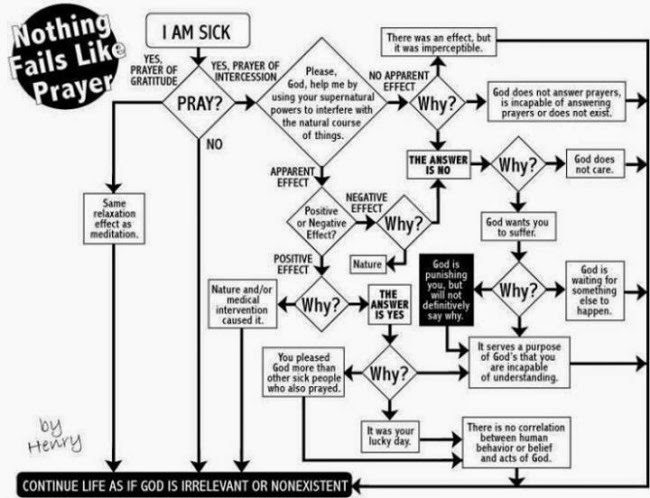

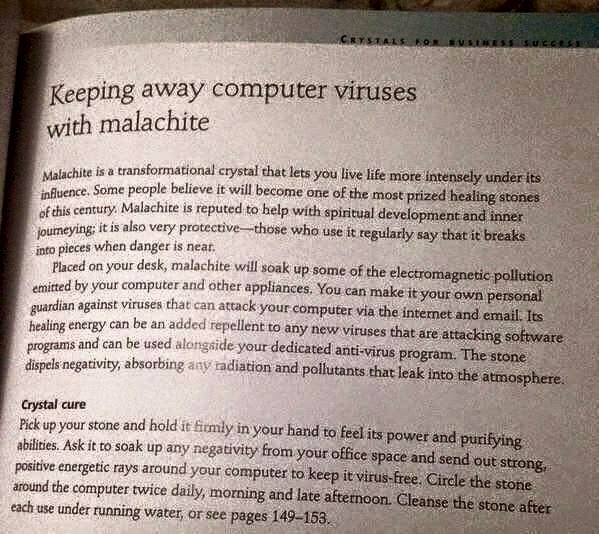



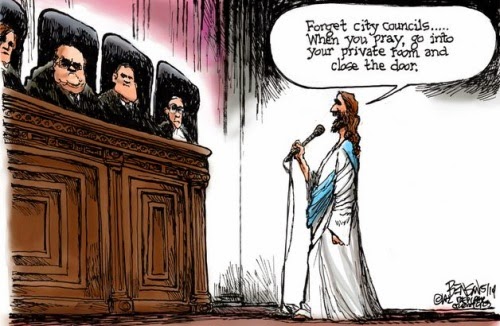




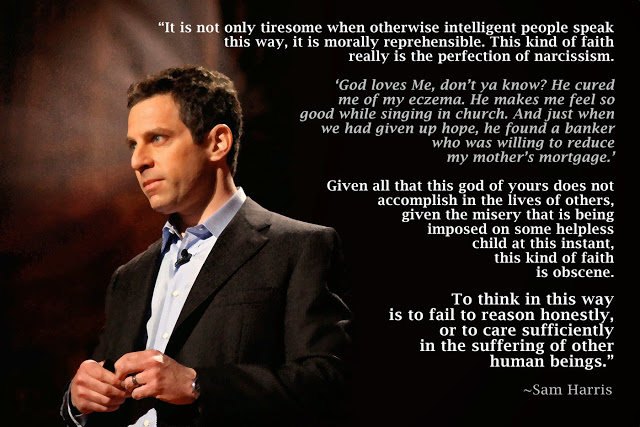
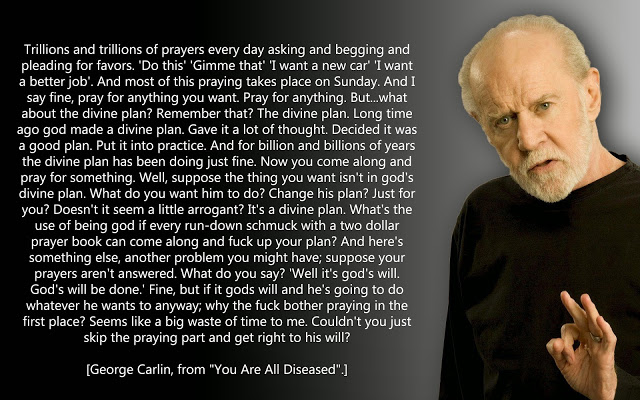

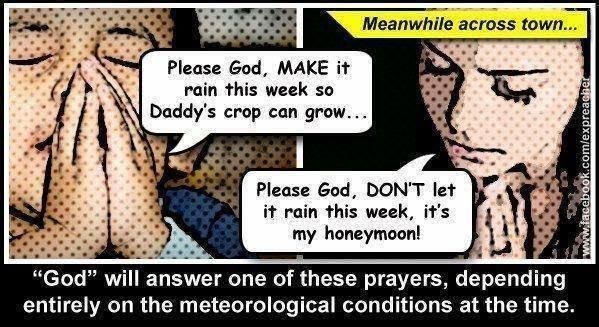
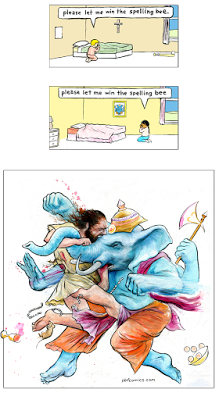
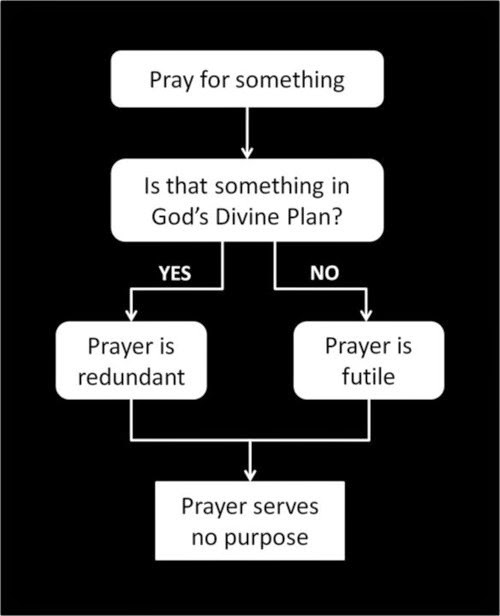
0 Comments
1 Pingback